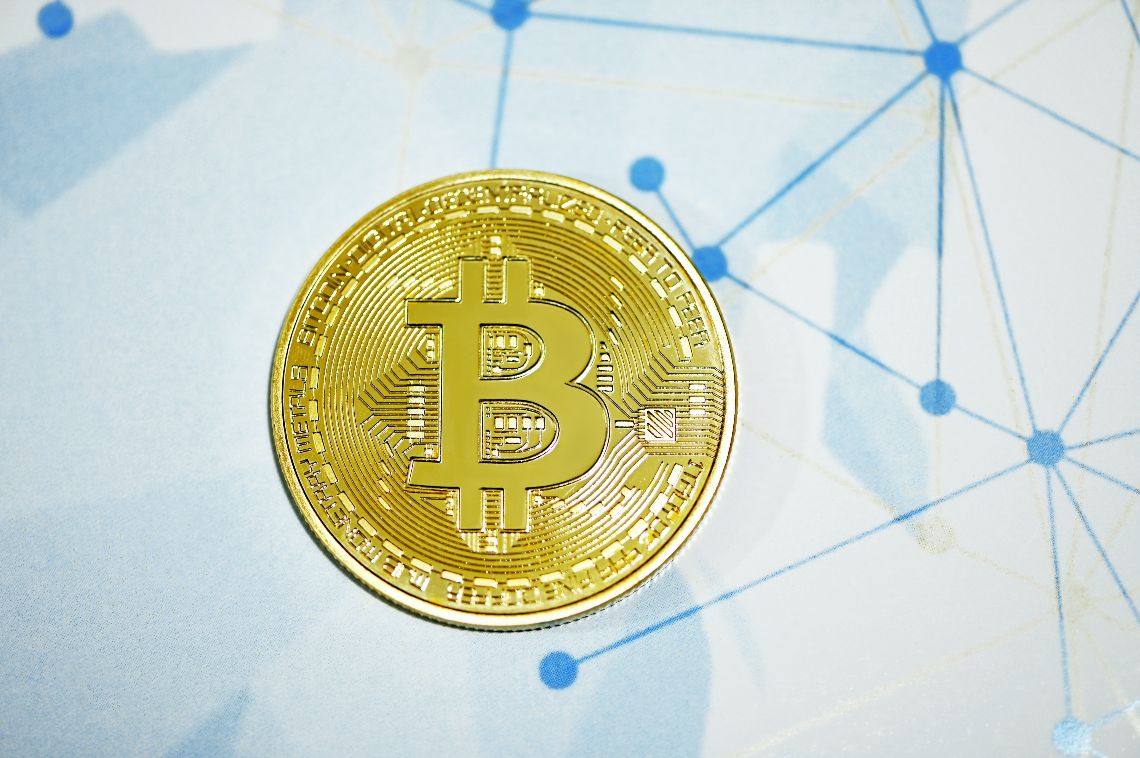Tomorrow, Tuesday 7 September 2021, a new law will come into effect for El Salvador, making bitcoin legal tender alongside the dollar.
The law passed by the local parliament in June will be applied as of tomorrow, and effectively makes it mandatory to accept payments in BTC.
Although there is still a lot of scepticism in the country about this measure, which was introduced by the authorities without broad popular support, initiatives to make it easier to use BTC as a means of payment, such as the installation of 200 ATMs for conversion into dollars, are beginning to gain traction.
With this measure, El Salvador will be the first country in the world where Bitcoin can be used as a de facto alternative to the national currency, although the local currency (the Salvadoran colon, SVC) was itself replaced by the US dollar in 2001.
Summary
El Salvador’s GDP and hoped-for growth with Bitcoin
It is plausible to imagine that the vast majority of payments will continue to be made in dollars, but the key to understanding this reform is actually another.
As much as 20% of El Salvador’s GDP comes from remittances received from abroad. This is therefore an extremely important figure for the national economy, and the use of US dollars to send remittances from abroad has both advantages and problems.
The advantage is that they are fairly easy to get hold of more or less anywhere in the world, but the disadvantage is that the cost of sending dollars from foreign countries to El Salvador is far from significant, as is also the case for remittances sent to other countries in the world.
Since the average amount of individual remittances is actually quite low, commission costs consume a not insignificant percentage of the money Salvadorans can send from abroad to their families back home. The use of bitcoin makes it possible to drastically cut these costs, thanks to the Lightning Network, and this could even lead to a de facto increase in GDP, albeit by a small (but not insignificant) percentage.
President Bukele’s project was carried out in collaboration with Strike, a Bitcoin wallet that uses the Lightning Network second layer to enable almost immediate transactions at negligible cost, worldwide.
Thanks to the new law, once Salvadorans receive their BTC at home, they will no longer have to exchange them for dollars in order to use them, thus saving on foreign exchange fees. The result should be an increase in the amount of wealth that can be spent by the citizens of one of the countries with the lowest GDP per capita in Central America.
The government estimates that, out of a total GDP of around USD 53 billion, citizens could save around USD 0.4 billion in commissions, or almost 1% of the entire gross domestic product.

Citizens will receive Bitcoin for free
The other news is that citizens who decide to download the “official” wallet, called Chivo, will be credited with $30 worth of BTCs, an amount that is equal to 4% of the monthly per capita GDP.
However, questions remain in relation to certain data.
According to a national poll conducted in collaboration with the University Institute of Public Opinion (LUDOP), seven out of ten Salvadorans hope that the government will repeal the law on cryptocurrencies. The University Centre carried out the poll over a week in collaboration with the Central American University José Simeòn (UCA). Among all respondents, 64% admitted to knowing the real revolutionary initiative of the government, and specifically the Legislative Assembly, regarding the approval of the Bitcoin law.
The most surprising figure is the real awareness of the change (only 22% of the 1281 respondents) with an accurate knowledge of the virtual currency standing at 4%.
It must also be said that the Bukele government seems to have taken an authoritarian turn, effectively distancing itself from the needs of the average citizen. However, the loss of consensus does not seem to be a problem at the moment, and the decision to pursue these new reforms bodes well for something innovative for the entire South American country.




